In the quiet neighborhoods of Nairobi and across Kenya’s rural counties, a dangerous trend continues to flourish. Unlicensed medical practitioners, commonly known as “quacks,” are opening clinics at an alarming rate, putting thousands of lives at risk. What makes this crisis particularly troubling is how these illegal operations often masquerade as legitimate healthcare facilities, preying on vulnerable communities desperate for affordable medical care.
A Crisis Hidden in Plain Sight
The scale of this problem is staggering. Recent reports reveal that over 9,000 health facilities across Kenya are operating without proper licenses from the Kenya Medical Practitioners and Dentists Council (KMPDC). While some of these are government dispensaries dealing with bureaucratic delays, a significant number are private clinics run by individuals with no medical training whatsoever.
These unlicensed practitioners don’t just lack proper credentials. They often operate with expired or fake certificates, use unsterilized equipment, and administer treatments that can cause severe harm or death. The consequences are real and devastating. Patients have suffered from botched procedures, received incorrect medications, and in some tragic cases, lost their lives to preventable complications.
The Perfect Storm
Several factors have created ideal conditions for this crisis to flourish. Kenya’s healthcare system, already stretched thin, struggles to provide affordable care to all citizens. This gap creates opportunities for quacks to establish themselves as cheaper alternatives, especially in underserved areas where legitimate healthcare facilities are scarce.
The regulatory framework, while existing on paper, faces significant enforcement challenges. With limited resources and vast geographical areas to cover, authorities often struggle to monitor and shut down illegal operations quickly enough. By the time action is taken, many of these clinics have already caused irreparable harm.
Economic desperation also plays a role. Some communities, faced with the choice between expensive legitimate healthcare and affordable but illegal services, reluctantly choose the latter. This demand keeps these dangerous operations profitable and encourages more individuals to set up similar clinics.
Law Enforcement Fights Back
Recognizing the severity of this threat, Kenyan authorities have intensified their crackdown efforts. The Kenya Health Professions Oversight Authority (KHPOA) launched a nationwide operation targeting unregistered health professionals, warning that those practicing without valid licenses face prosecution. This initiative represents a coordinated effort between multiple agencies to identify and shut down illegal operations.
Recent arrests have made headlines across the country. Police have apprehended fake doctors who had been operating for years, sometimes using forged certificates and false identities. One notable case involved a quack doctor in Malindi who was arrested after investigations revealed he had been practicing without any legitimate medical training.
County governments have also joined the fight. Governors have announced plans to intensify efforts to identify and shut down clinics run by unqualified personnel, recognizing that this is not just a national issue but one that requires local action and vigilance.
The Human Cost
The stories emerging from these investigations paint a disturbing picture of the human cost of unlicensed medical practice. Patients have endured unnecessary suffering due to misdiagnoses, inappropriate treatments, and unsanitary conditions. Some cases involve practitioners who attempted to perform procedures far beyond their capabilities, resulting in serious complications.
The psychological impact extends beyond physical harm. Families who trusted these facilities with their loved ones’ care now face trauma and loss of faith in the healthcare system. Communities that relied on these clinics must now travel greater distances or pay higher costs for legitimate medical care.
A Multi-Pronged Solution
Addressing this crisis requires more than just enforcement action. Public education campaigns are essential to help communities identify legitimate healthcare providers and understand the risks of seeking treatment from unlicensed practitioners. The KMPDC has made efforts to improve transparency by providing online databases where patients can verify their healthcare providers’ credentials.
Healthcare accessibility must also be improved. Expanding legitimate healthcare services to underserved areas, making them more affordable, and ensuring they meet quality standards can reduce the demand that keeps quack clinics in business.
Professional training and mentorship programs could help address the shortage of qualified healthcare workers, particularly in rural areas. By increasing the number of legitimate practitioners willing to work in remote locations, the gap that quacks exploit could be significantly reduced.
The Technology Edge
Modern technology offers new tools in this fight. Digital verification systems can help patients quickly confirm their healthcare provider’s credentials using smartphones. Telemedicine platforms can extend legitimate healthcare services to remote areas without requiring physical clinics.
Social media and community networks can also play a role in spreading awareness about the dangers of unlicensed practitioners and helping communities identify suspicious operations.
Looking Ahead
The battle against unlicensed medical practitioners in Kenya is far from over. While recent enforcement efforts show promise, sustained action is needed to address the root causes of this problem. Success will require continued collaboration between law enforcement, healthcare regulators, county governments, and communities themselves.
The stakes couldn’t be higher. Every illegal clinic that continues to operate represents potential harm to innocent patients seeking medical care. Every day that passes without action means more families could face devastating consequences from preventable medical disasters.
Kenya’s healthcare system stands at a crossroads. The choice between allowing this crisis to continue or taking decisive action to protect public health will determine whether the country can build a safer, more trustworthy healthcare environment for all its citizens.
The fight against quack clinics is ultimately a fight for the right to safe, quality healthcare. It’s a battle that Kenya cannot afford to lose, and one that requires the commitment of every stakeholder in the healthcare ecosystem. Only through sustained effort, proper regulation, and community awareness can this threat be neutralized and public health protected.
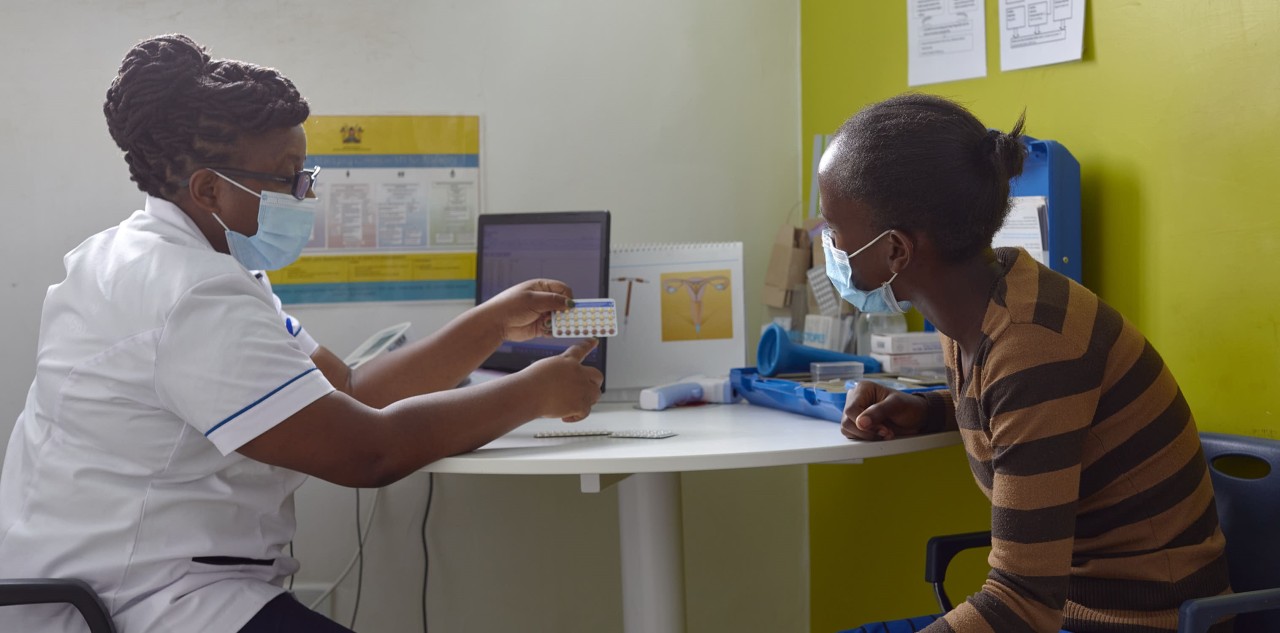
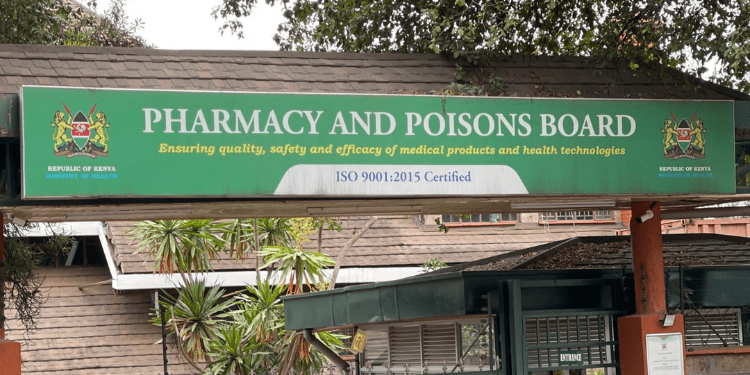
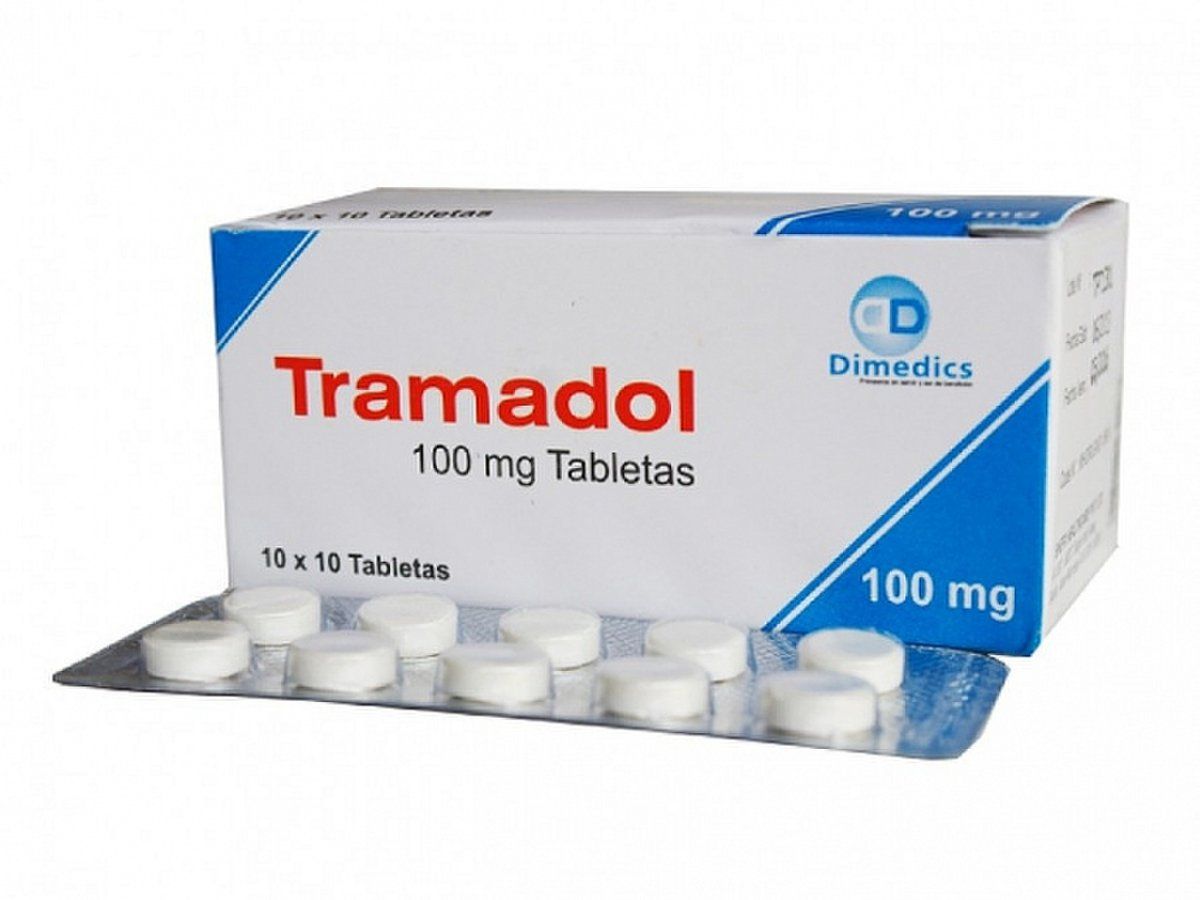
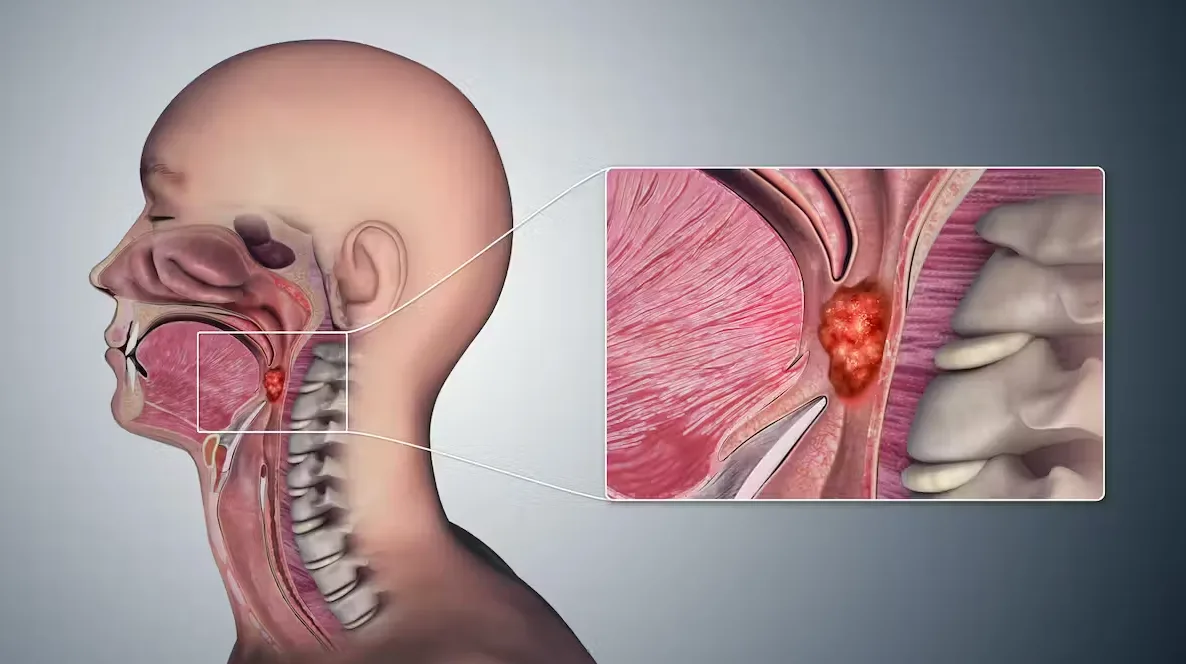

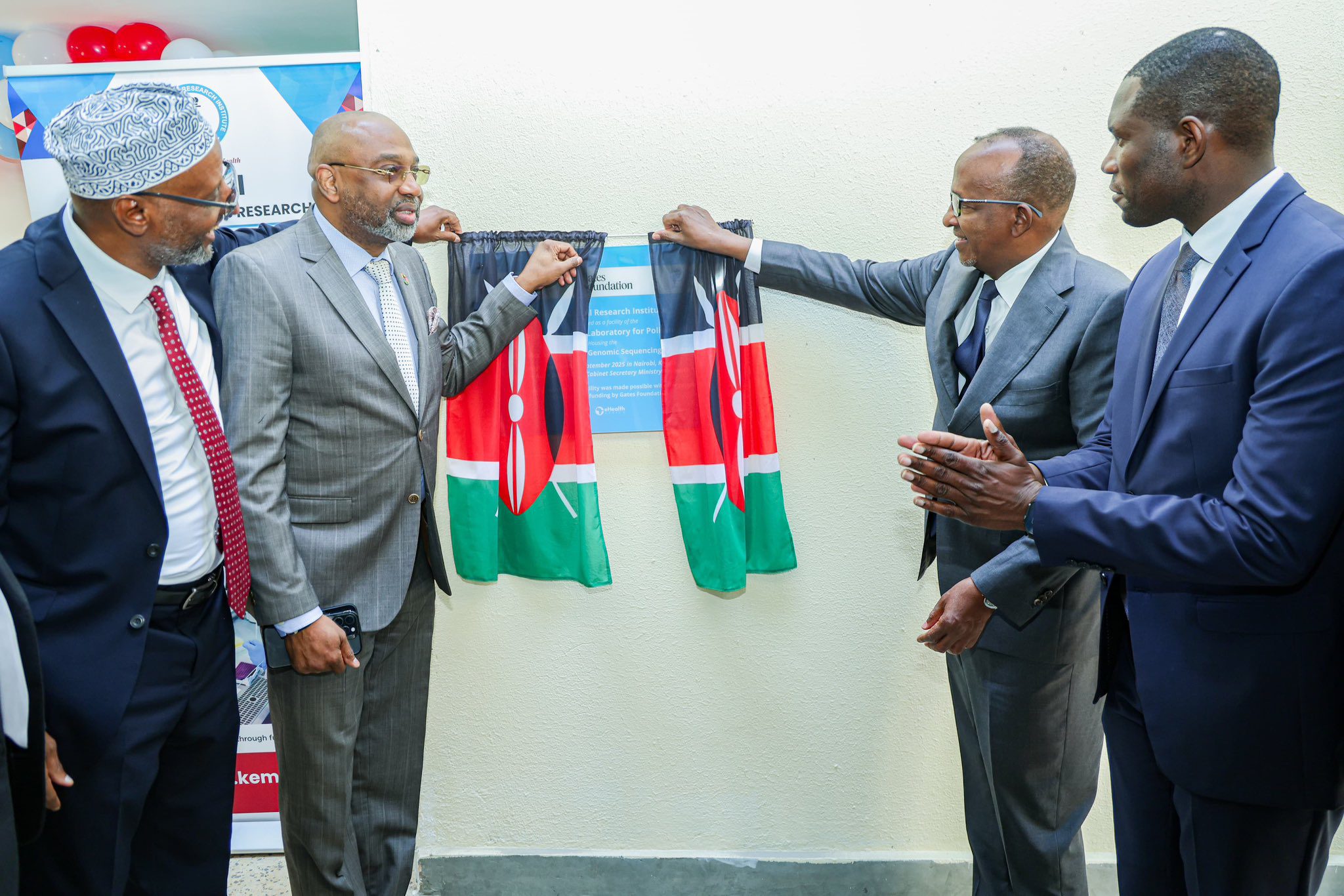

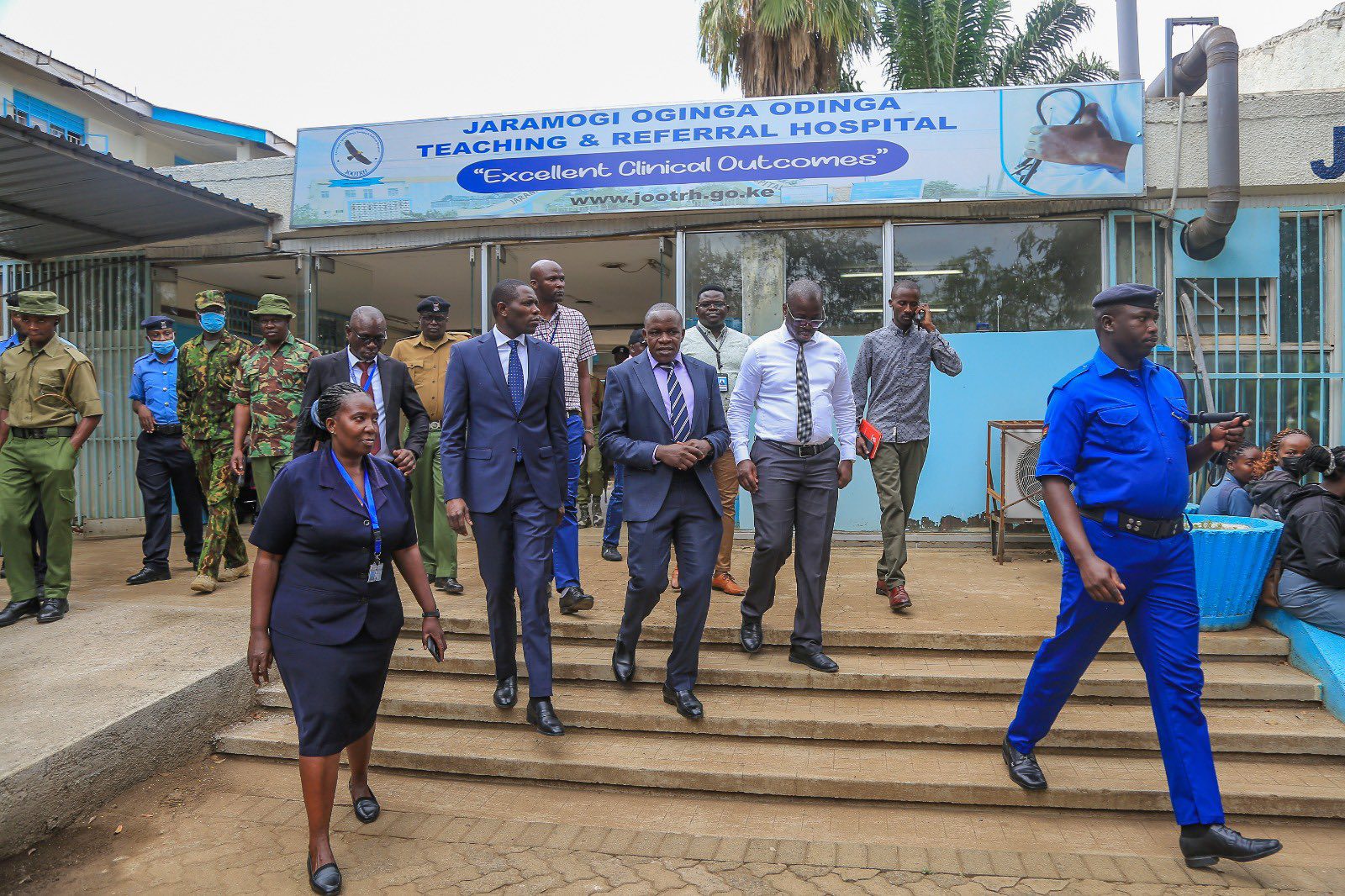
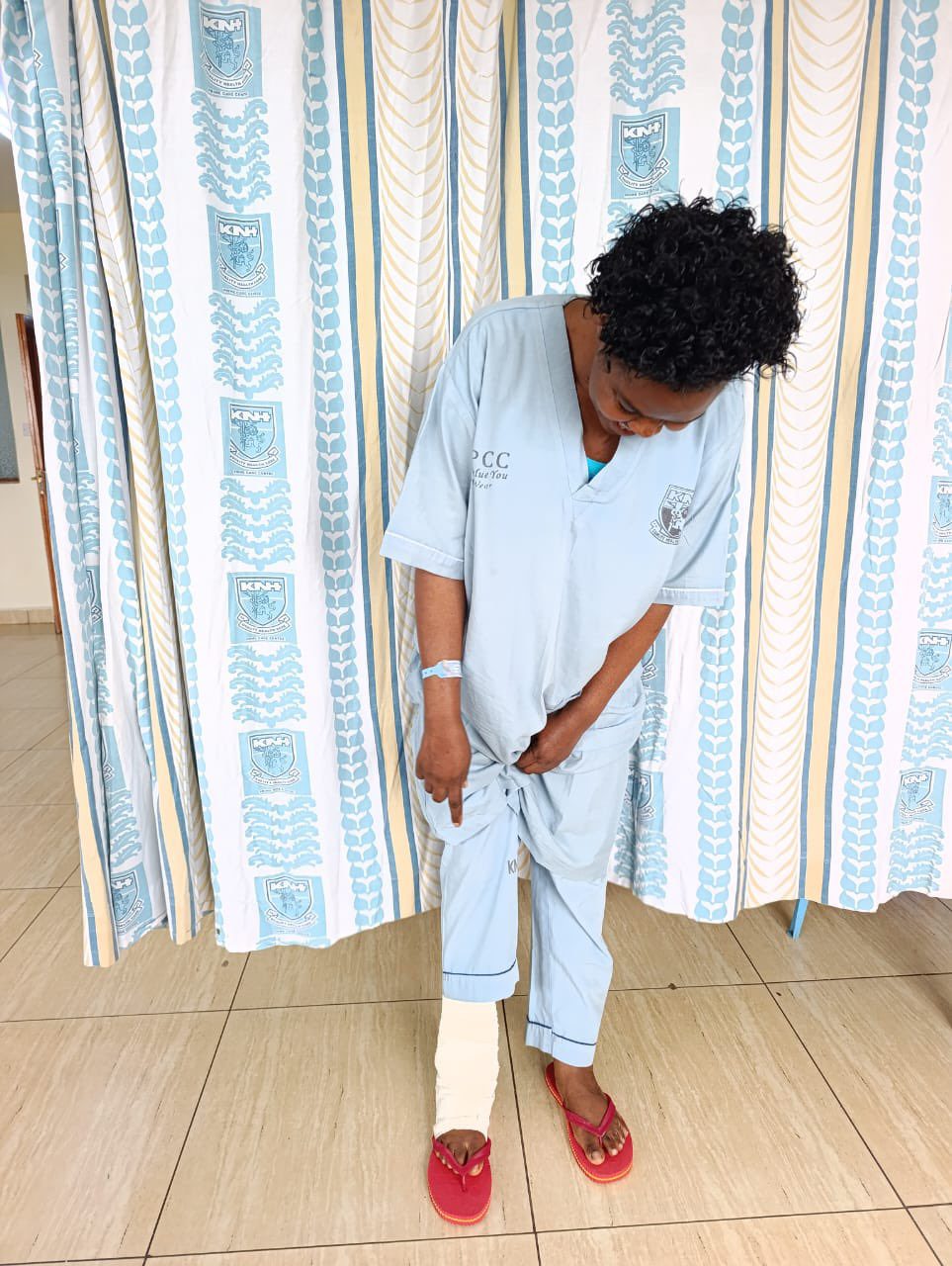
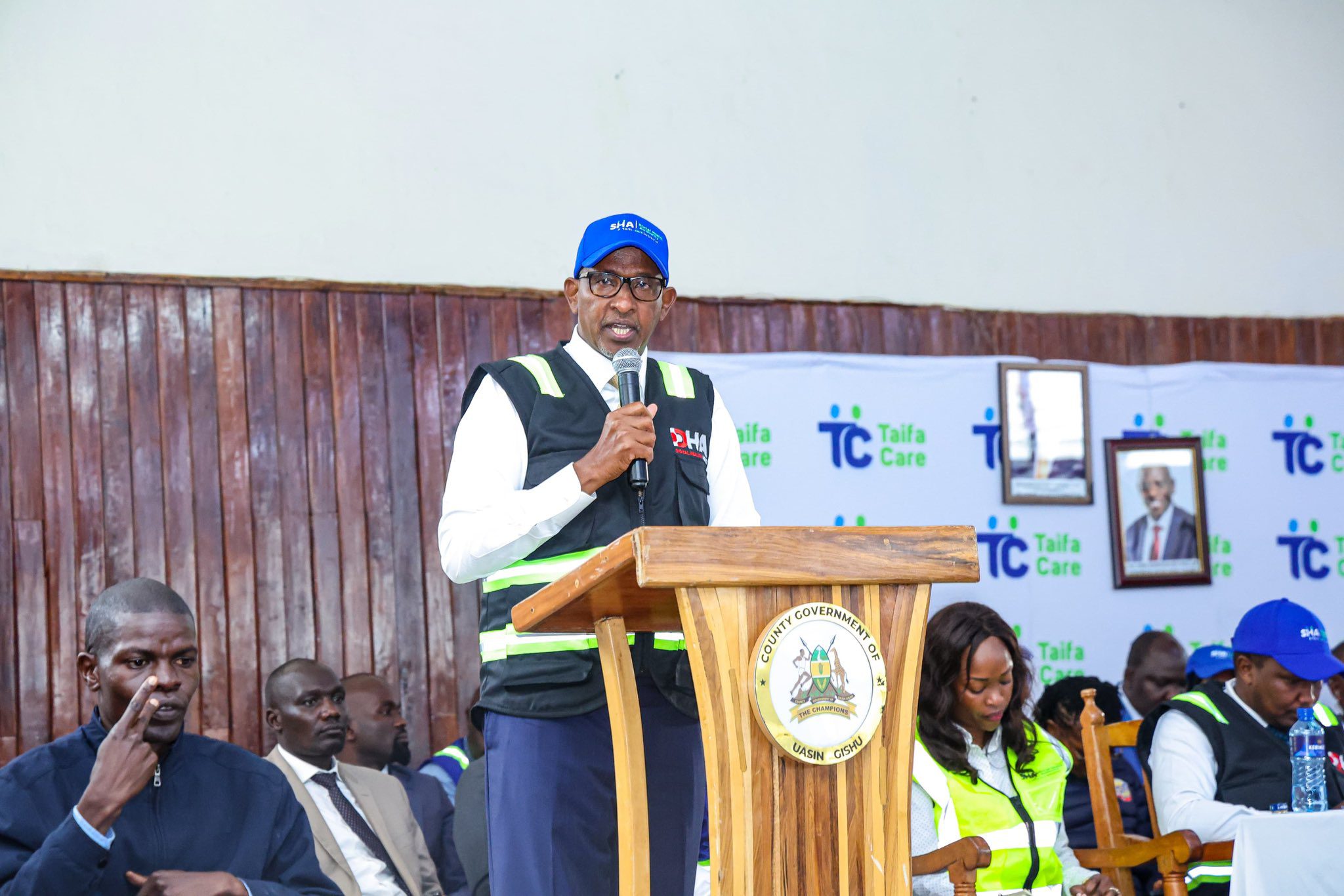



Leave a Reply